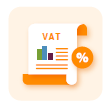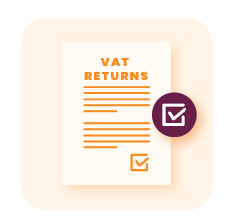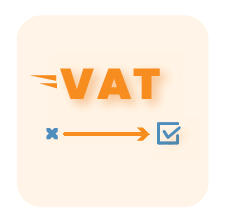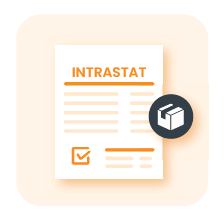E-Commerce & B2C Services in Lithuania
Distance sales are deliveries of goods sent or transported by a supplier or a third party into an EU Member State from a point of origin outside that EU Member State to a recipient who is an unregistered taxable person or a person otherwise not subject to VAT, including a non-taxable legal person, as of that date, under Article 2 of the VAT Law, as amended.
Read more about B2C services & E-Commerce in Lithuania in our comprehensive guide.
Selling in Lithuania?
B2C Services in Lithuania
The treatment of VAT for providers of digital services to business customers (B2B) is essentially similar to the taxation of traditional inbound service supplies.
In the context of business-to-consumer (B2C) transactions and the One-Stop-Shop (OSS) scheme, Lithuania imposes a specific regime for telecommunications, broadcasting, and electronically delivered services provided to end consumers, known as “TBE services.” The objective of this regime is to tax digital supplies based on the principle of destination, ensuring that they are taxed in the country where the consumption occurs.
Furthermore, starting from July 1, 2021, a special EU-wide scheme called the “One Stop Shop” (OSS) is in effect to streamline the registration and reporting obligations for foreign e-commerce suppliers of goods and services. The OSS, outlined in Chapter 6 of Title XII of the EU VAT Directive as amended by Council Directives (EU) 2017/2455 and 2019/1995 (commonly referred to as the “VAT e-commerce rules”), offers a voluntary simplification measure. It enables eligible taxable persons, both within and outside the EU, who engage in cross-border B2C supplies, to avoid registering in each Member State where the consumption takes place.
The OSS scheme replaces the MOSS (Mini One Stop Shop) scheme, implemented across the EU in 2015 and applied to cross-border B2C supplies of telecommunications services, television, and radio broadcasting services, and electronically supplied services (“TBE services”). The OSS was supposed to take effect on January 1, 2021, but it was delayed due to the Coronavirus pandemic.
The OSS (One Stop Shop) encompasses the following scenarios:
- B2C services provided by taxable persons located outside of the European Union.
- B2C distance sales of goods and services offered by taxable persons based in the EU, except in the Member State where the consumption takes place.
- Distance sales of goods from outside the EU with a value of less than 150 EUR, which falls under the “Import One Stop Shop” (IOSS).
For an EU company, registration and utilization of the OSS Scheme should be carried out in the Member State where its headquarters are located, typically its principal place of business or head office.
If a non-EU company has one or more fixed establishments within the EU, it can register in any Member State where it maintains a fixed establishment. However, if the non-EU business appoints an intermediary located in the EU to conduct distance sales on its behalf from outside its EU Member State, it must register in the Member State where the intermediary is established. If the non-EU business does not have any fixed establishments, it can register in the Member State of its choice.








